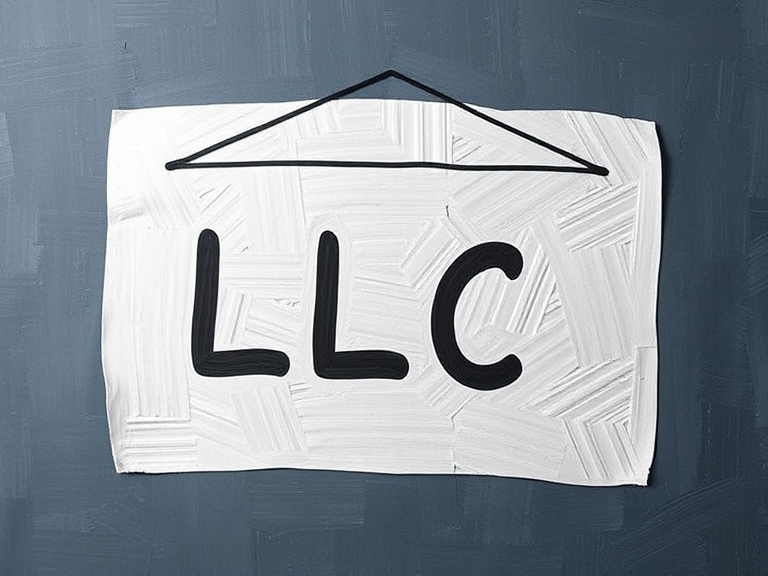Starting a business can be both an exciting and challenging journey. One of the first important decisions you’ll face is choosing the right business structure. Among the various options available, many business owners opt for forming an LLC (Limited Liability Company). But what does LLC mean, and why is it such a popular choice for entrepreneurs? In this simple guide, we’ll break down the concept of an LLC, its benefits, and how it could be the right fit for your business.
What is LLC Mean?
In simple terms, LLC stands for Limited Liability Company. This business structure is a hybrid that combines the flexibility of a partnership with the protection of a corporation. An LLC provides business owners (also called members) with limited liability, which means their personal assets are typically protected from the business’s debts and liabilities. In other words, if the business faces financial trouble or lawsuits, the members’ personal property, such as their home or savings, is generally safe.
Benefits of Forming an LLC
There are several key advantages to choosing an LLC structure for your business. Here are some of the most notable:
1. Limited Liability Protection
One of the biggest reasons business owners choose to form an LLC is to protect their personal assets. The limited liability feature shields the members from personal responsibility for the company’s debts and legal actions.
2. Tax Flexibility
what is llc mean enjoy flexibility when it comes to taxes. By default, an LLC is a pass-through entity, meaning the company’s profits and losses pass directly to the members’ personal tax returns. This avoids the double taxation that corporations face. However, LLCs can choose to be taxed as a corporation if it benefits the business.
3. Easy to Manage
Unlike corporations, which require complex formalities like annual meetings and detailed record-keeping, LLCs have fewer ongoing administrative requirements. This makes them much easier to manage, especially for small business owners.
4. Enhanced Credibility
Having LLC at the end of your business name adds a layer of professionalism and can help build trust with customers, suppliers, and investors.
5. Flexible Ownership
LLCs can be owned by a single individual (known as a single-member LLC) or multiple people (a multi-member LLC). This provides flexibility in structuring the business to meet your needs.
How to Form an LLC
Forming an LLC is relatively straightforward. Here are the general steps involved:
Choose a Business Name: Your LLC must have a unique name that complies with your state’s LLC naming rules. It’s also a good idea to check if the domain name is available for your website.
File Articles of Organization: This is the official document you’ll file with your state to create the LLC. It includes basic information like the LLC’s name, address, and members.
Create an Operating Agreement: Although not required in every state, this document outlines how the LLC will be managed, including the roles of each member and how profits will be distributed.
Obtain Permits and Licenses: Depending on your business type and location, you may need additional licenses or permits to operate legally.
Apply for an EIN: If your LLC has more than one member or if you plan to hire employees, you’ll need an Employer Identification Number (EIN) from the IRS for tax purposes.
Common LLC Misconceptions
When asking “what is LLC mean?”, there are a few misconceptions that often arise. Here are some of the most common:
LLC and Corporation are the Same: While both LLCs and corporations provide limited liability protection, corporations have stricter rules and more formalities. LLCs are more flexible in terms of management and tax treatment.
LLC Protects You from All Legal Liabilities: An LLC does not protect members from all liabilities. For instance, if a member personally guarantees a loan or commits fraud, they may still be held personally responsible.
Final Thoughts
Understanding “what is LLC mean” is essential when considering how to structure your business. An LLC offers business owners many benefits, including personal asset protection, tax flexibility, and ease of management. By choosing this structure, you can focus more on growing your business without worrying about the legal complexities of other business forms. Whether you’re a solo entrepreneur or part of a larger team, an LLC might be the right path to take on your entrepreneurial journey.
 :
https://in.pinterest.com/sanayakushwaha13103/
:
https://in.pinterest.com/sanayakushwaha13103/












